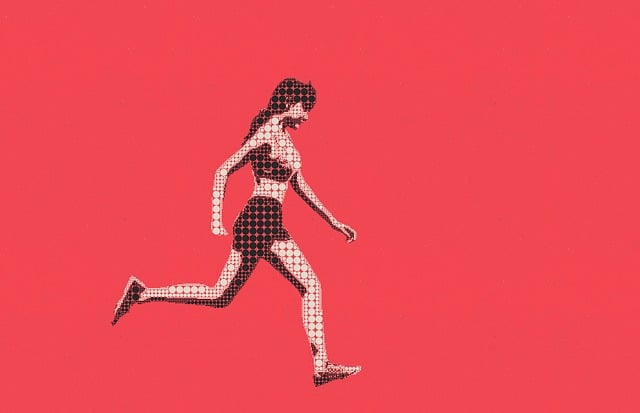Kratom's potential cardiovascular benefits are offset by unexpected risks like hair loss, caused by its interaction with opioid receptors. While research shows positive effects on blood pressure and circulation, long-term use may impact heart rhythm and function. Individuals with heart conditions should exercise caution due to kratom's unforeseen side effects, especially regarding hair loss.
Kratom, a natural herb known for its diverse health benefits, has gained attention for its potential impact on cardiovascular health. This article delves into the science behind kratom’s effects on the heart and blood vessels, offering insights into how it may improve circulation and overall cardiac function. We explore its mechanisms of action while also addressing potential risks, including rare instances of hair loss, linked to long-term use. Understanding these factors is crucial for navigating kratom’s role in promoting cardiovascular wellness.
- Understanding Kratom's Basic Mechanisms in the Body
- Exploring Its Impact on Heart and Blood Vessels
- Potential Risks: Hair Loss and Cardiovascular Considerations
Understanding Kratom's Basic Mechanisms in the Body

Kratom, derived from the plant Mitragyna speciosa, has gained attention for its potential health benefits, including positive impacts on cardiovascular health. Its effects are primarily mediated through two main mechanisms: acting as an opioid receptor agonist and modulating the activity of adrenergic receptors. As an opioid, kratom binds to μ-opioid receptors, which can reduce pain perception and induce feelings of relaxation, thereby potentially lowering blood pressure. This action also contributes to its ability to improve circulation by dilating blood vessels.
Additionally, kratom interacts with α-adrenergic receptors, which play a crucial role in the body’s ‘fight or flight’ response, influencing heart rate and blood vessel constriction. By modulating these receptors, kratom can help balance this response, promoting better cardiovascular function. However, it’s important to note that while kratom may offer these benefits, concerns have been raised about its potential side effects, including hair loss, which is not fully understood but could be linked to the plant’s impact on hormone levels and circulation.
Exploring Its Impact on Heart and Blood Vessels

Kratom, derived from the tropical tree Mitragyna speciosa, has gained attention for its potential health benefits, including positive effects on cardiovascular health. While much research focuses on its analgesic and stimulant properties, recent studies suggest it may also have a profound impact on the heart and blood vessels. The plant’s active compounds interact with opioid receptors in the body, modulating pain perception and mood. However, these compounds also show promise in relaxing blood vessels, lowering blood pressure, and improving overall cardiovascular function.
Contrary to some concerns, how kratom causes hair loss is not yet directly linked to its effects on the heart and blood vessels. The majority of hair loss cases are attributed to factors like genetics, age, stress, or medical conditions. While more research is needed to fully understand kratom’s cardiovascular benefits and potential side effects, exploring its impact in this realm offers exciting prospects for natural interventions in maintaining optimal heart health.
Potential Risks: Hair Loss and Cardiovascular Considerations

Kratom, a natural herb with various health benefits, has gained popularity for its potential to enhance cardiovascular health. However, alongside these advantages, it’s crucial to acknowledge and understand the potential risks associated with its use. One such risk is hair loss, which might seem peculiar given kratom’s primary focus on heart health. Research suggests that kratom’s mechanism of action, involving opioid receptors in the body, could contribute to hair loss. This is because these receptors play a role in maintaining hair follicles’ vitality and cycle, and any disruption can lead to thinning or shedding.
In terms of cardiovascular considerations, while kratom may offer positive effects on heart rate and blood pressure, it’s not without side effects. The herb’s ability to interact with opioid receptors could potentially impact the heart’s rhythm and function over extended use. Additionally, individuals with pre-existing cardiovascular conditions should exercise caution, as kratom might exacerbate their symptoms or interfere with prescribed medications. Therefore, it’s essential for users to be aware of these risks, especially when considering long-term use.
Kratom has shown promise in promoting cardiovascular health, with studies highlighting its positive effects on heart and blood vessel function. However, it’s crucial to be aware of potential risks, including hair loss, which may be linked to its mechanism of action. Further research is needed to fully understand the long-term impacts of kratom consumption, especially regarding hair loss and cardiovascular considerations. Until then, individuals should approach kratom use with caution and consult healthcare professionals for personalized advice.














